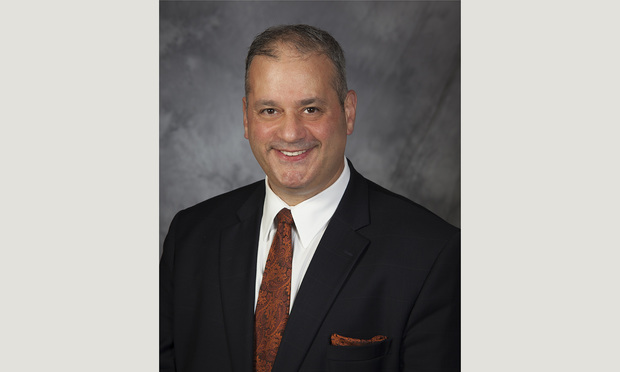Few courts have ruled, to date, on claims that the pandemic itself and the response of civil authorities to it constitute sufficiently unforeseeable circumstances to nullify contracts and excuse nonperformance. These arguments have ample visceral appeal but cannot be reconciled with the last 15 years of current events and well-established precedent. Although the specific emergence and mechanism of the COVID-19 pandemic may have been unforeseen, the possibility of widespread pandemic and economic disruption was anticipated by the medical, legal and risk-management communities. Unless courts choose to overtly recognize a “COVID-19 exception,” well-established legal precedent in most jurisdictions accordingly require rejection of arguments that delay due to the current pandemic was sufficiently unforeseeable to justify nonperformance absent an applicable force majeure clause.
The World Health Organization declared COVID-19 a pandemic as early as March 11, and predicted that the number of cases, deaths and affected countries would continue to climb. Dr. Tedros Adhanom Ghebreyesus, World Health Organization, “Opening Remarks at the Media Briefing on COVID-19” (“We have … made the assessment that COVID-19 can be characterized as a pandemic.”)
This content has been archived. It is available through our partners, LexisNexis® and Bloomberg Law.
To view this content, please continue to their sites.
Not a Lexis Subscriber?
Subscribe Now
Not a Bloomberg Law Subscriber?
Subscribe Now
LexisNexis® and Bloomberg Law are third party online distributors of the broad collection of current and archived versions of ALM's legal news publications. LexisNexis® and Bloomberg Law customers are able to access and use ALM's content, including content from the National Law Journal, The American Lawyer, Legaltech News, The New York Law Journal, and Corporate Counsel, as well as other sources of legal information.
For questions call 1-877-256-2472 or contact us at [email protected]


 William Grae of Chartwell Law (Photo: Courtesy Photo)
William Grae of Chartwell Law (Photo: Courtesy Photo)




